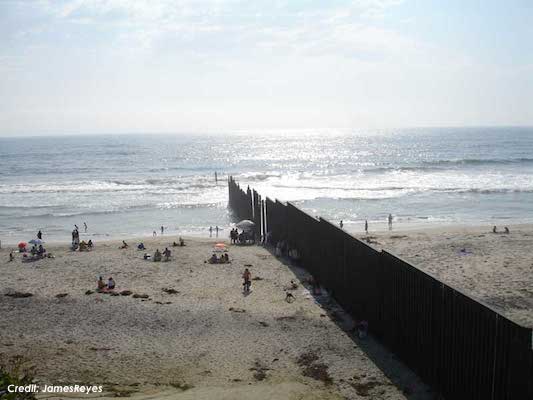In the interest of fairness (since I write about Republican governor scandals regularly), and because Federal subpoenas have been issued, I should acknowledge that Oregon’s Democratic Governor John Kitzhaber has resigned from office in a fairly bizarre ethics scandal that has been growing since just before he was elected last November to a fourth four-year term (his second and third terms were non-consecutive).
In early October 2014, the initial revelation was that his fiancée — whom he had been dating for about a decade before getting engaged — had once had an illegal Green-Card Marriage to an immigrant in the 1990s, which he claimed not to know about. The crime was past its statute of limitations by the time she was forced to admit it. At first I wondered why this fact was relevant enough for a journalist to investigate, because as violations of the law go, it’s not an egregious or dangerous one, so it just seemed sort of trashy (there was a lot of troubling emphasis on how many marriages she had had and when they had begun dating). But the hints of the bigger problem were starting to emerge, and they seem to have been what motivated reporters to look into her background in the first place.
That problem, which is now at the center of the state and Federal investigations, is that Kitzhaber’s fiancée had been drawing a lot of attention to herself and her romantic relationship, not just by claiming State First Lady status (with a desk in the governor’s offices) but by using that for influence-peddling. In other words, they probably only found the illegal sham marriage because she was making a lot of noise about being the First Lady (before marrying him) and having “access” to the governor, which she (allegedly) has been using to win consulting contracts. That’s a clear ethics law violation.
At the moment, it tentatively looks like Kitzhaber himself might have just shown extremely poor judgment (or turned a blind eye) on multiple fronts, but it’s starting to look pretty hard to see how these actions weren’t on some level visible and acceptable to him. In all likelihood, he was aware of some or all of the transgressions by his partner and failed to stop them or do anything.
After waffling back and forth for several days over the past week, Gov. Kitzhaber resigned on Friday, just a month into his fourth term, handing over the governorship to second-in-line Oregon Secretary of State Kate Brown, a Democrat, who will serve at least until a November 2016 Special Election is held, whether or not she runs for the job in her own right. She is relatively well known in some select national circles, particularly national LGBT political organizations, (and was probably already slated to seek higher office at some point) because she is openly bisexual, and there are very few out bi politicians in American offices. She is now the nation’s first out bi governor.






